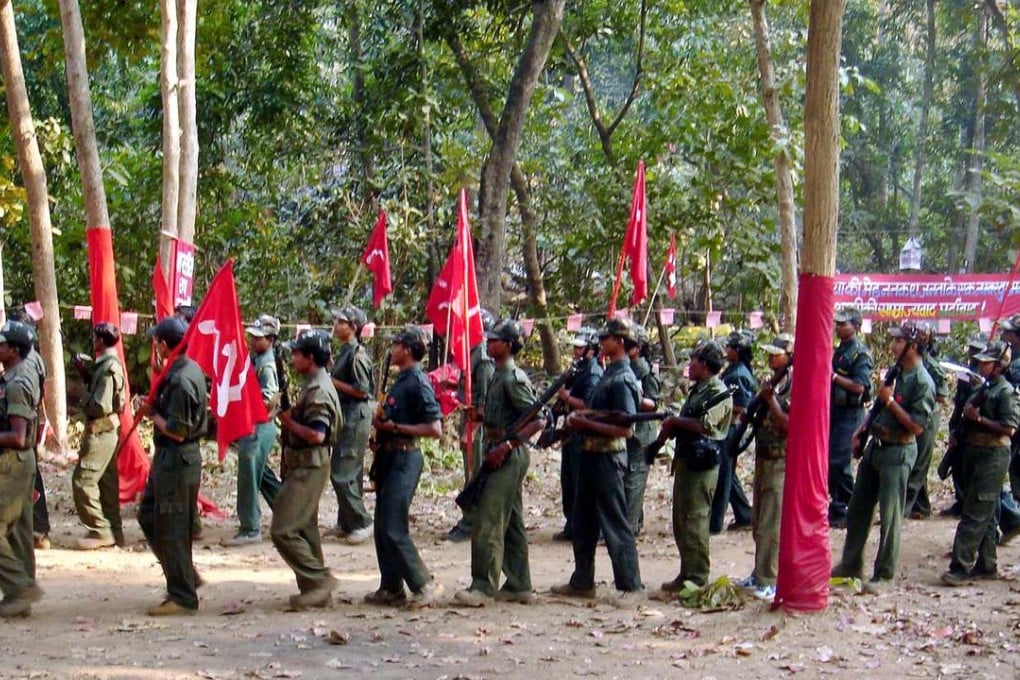Outside China, these places are where Maoism is alive and kicking

“The road to world revolution”, Lenin supposedly predicted, lay through “Peking, Shanghai and Calcutta”. Like so many of his other predictions, this too proved wrong. In the late 1960s and the early 1970s, however, it looked as if Calcutta was living up to that promise. The city walls were plastered with Mao Zedong (毛澤東) graffiti, proclaiming, “China’s chairman is our chairman”. Maoists, it seemed, were staging the final rehearsal for the communist revolution in India.
The party that was to bring about the revolution called itself the Communist Party of India (Marxist-Leninist). But it claimed to be the first and the only Maoist party in the country. It was born of a split in the Communist Party of India (Marxist), one of the two largest leftist parties in India. An armed peasant uprising in a place called Naxalbari in the eastern Indian province of West Bengal in 1967 heralded the birth not only of the CPI(ML) but also of “Maoist” politics in India.

Of Charu Mazumdar, the founder of the party, one of its former central committee members, Suniti Kumar Ghosh, later wrote in his memoir, “Charu had Mao Zedong’s name always on his lips, but his policies were at complete variance with Mao’s teachings”. He also revealed that Mazumdar had suppressed from his partymen the fact that his line was strongly criticised by Chinese leaders such as Zhou Enlai ( 周恩來 ) and Kang Sheng, whom a party emissary met in Beijing in 1970.
Mao Zedong still has resonance with overseas groups
The CPI(ML) called all other Indian communist parties “revisionists” for taking part in electoral politics. The Maoists, or Naxalites, as they were often called after the name of the place where they led the first armed uprising by peasants, rejected parliamentary politics. To them, a protracted armed struggle was the only way to liberate the Indian state from the bourgeoisie.
